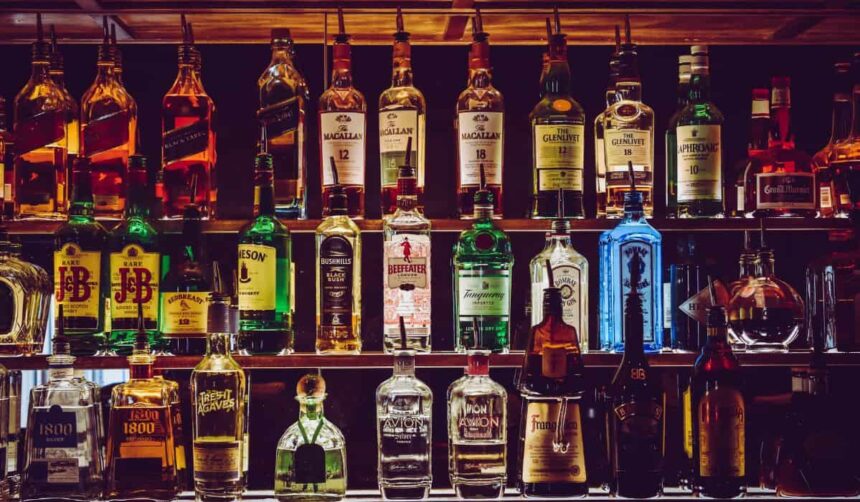U.S. Surgeon General Dr. Vivek Murthy has made a new call for increased scrutiny of alcohol consumption by Americans.
According to CNBC, the surgeon general outlined his position on recreational drinking, pushing for positions that would increase awareness of the link between regular consumption of alcohol and an increased risk of seven different sorts of cancer.
“Alcohol is a well-established, preventable cause of cancer responsible for about 100,000 cases of cancer and 20,000 cancer deaths annually in the United States — greater than the 13,500 alcohol-associated traffic crash fatalities per year in the U.S. — yet the majority of Americans are unaware of this risk,” Murthy said in a press release.
The surgeon general’s preferred deterrents, according to CNBC, would be similar to those enacted on tobacco in years previous, such as required warnings on bottles sold in stores. While any existing surgeon general’s warning labels on alcoholic beverages should be updated to speak to the cancer risks, community groups are also called upon to do some lifting in terms of creating public awareness surrounding the issue.
Dry January Sees an Uptick in Interest in Recent Years as Consumers Reconsider Relationship With Alcohol
What officially began as “Dry January” in the UK over a decade ago has morphed into something of a viral challenge stateside in more recent years, as USA Today outlined.
In fact, 42% of those polled by Civic Science in 2024 indicated they were “sober curious” during the holiday season, thinking seriously about their relationship with alcohol. This fact comes alongside another: Data from American Addiction Centers indicates that nearly half (47%) of men, and 40% of women, admitted to binge drinking over the holidays.
Dry January means that participants promise to go the entire month without consuming any alcohol — a taller order for some than for others. As Massachusetts General Hospital suggested, heavy drinkers (men who consume five or more drinks a day or women who consume four or more daily) should consider engaging with a local addictions clinic for a more holistic solution. Quitting cold turkey under these circumstances can lead to substantial health risks.
Finally, it seems that the younger generation just isn’t as interested in alcohol in the same manner as their older counterparts. According to a 2023 Gallup report, Gen Zers and those younger are drinking less than their older peers did when they were the same age.
“The net result is that among all Americans (encompassing drinkers and nondrinkers), fewer than four in 10 young adults (38%) now appear to be regular drinkers, on par with older adults (40%) but trailing middle-aged adults (48%). This pattern is a change from two decades ago when younger adults were the most likely to be regular drinkers and older adults the least,” Gallup wrote.

























